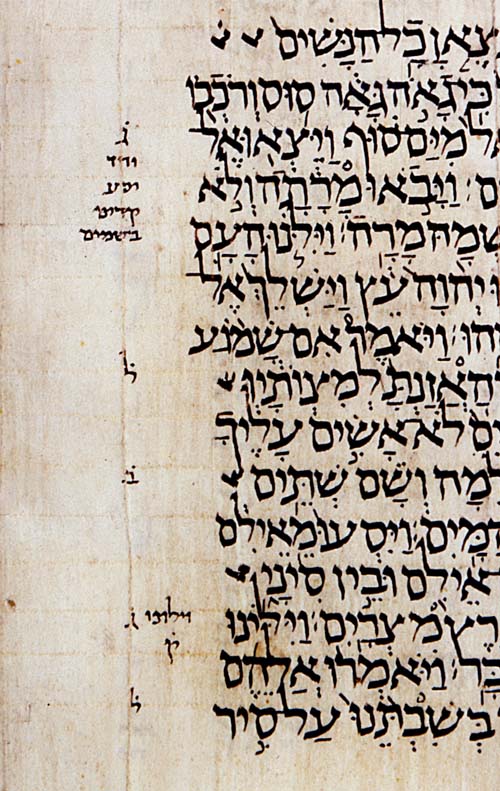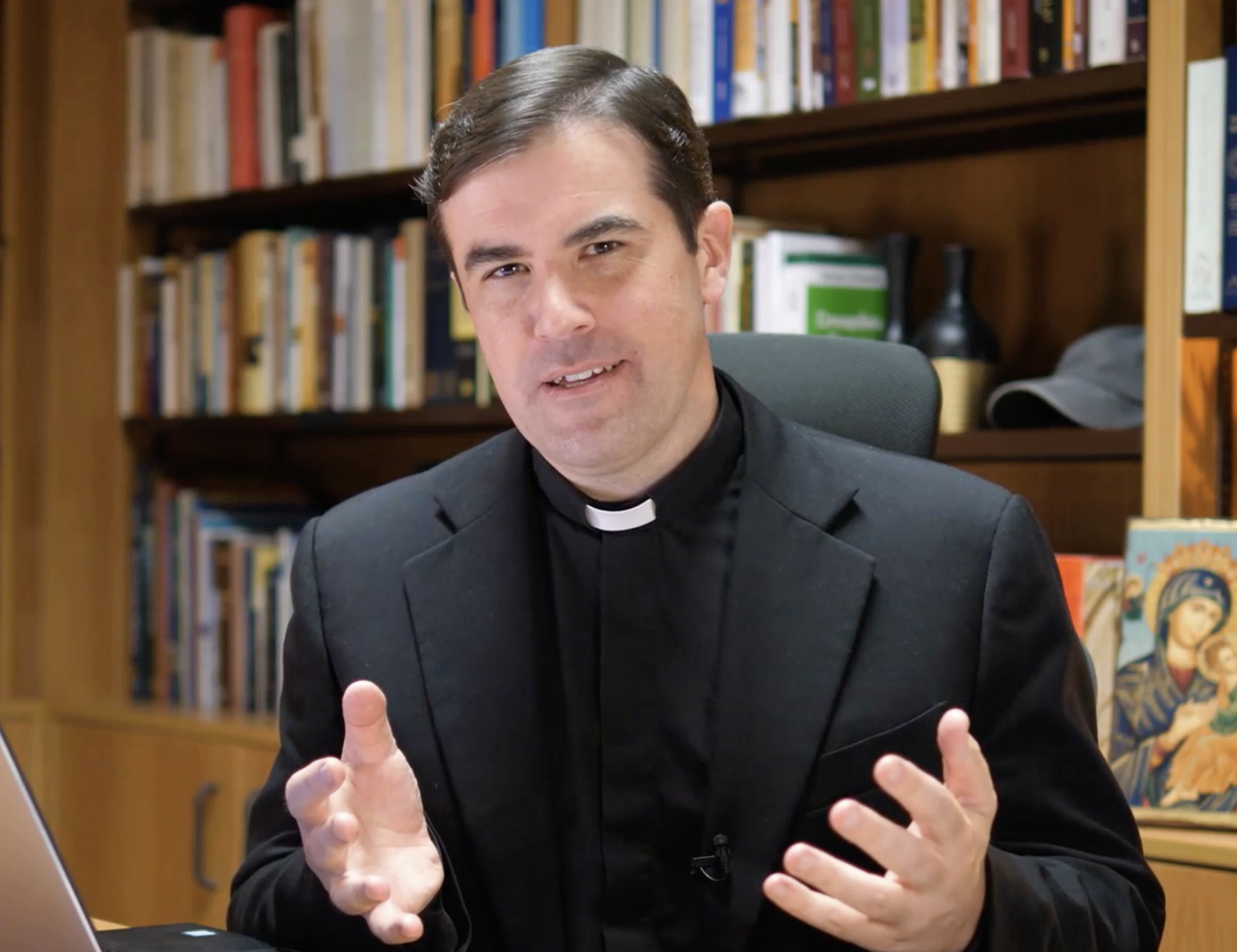Today’s guest post is by Isaiah Hoogendyk, language editor for the content innovation department.
In part I of “Leveraging a Lexicon . . .” I discussed how to get more from Greek lexicons in Logos Bible Software and highlighted the importance of BDAG in doing so. At the end, I hinted that I had more to say on the subject. Today I give you the second installment of “Leveraging a Lexicon for Early Church Studies.”
Last time, we did a little research on the Greek word θεμιτός, a word found only in the Apostolic Fathers (AF). That example demonstrated the value of having BDAG close at hand when studying early Church writings. But what about Greek words, and their equivalent English concepts, used in both the AF and the New Testament? Are they used similarly or differently between the corpora?
To find words matching this criterion, try the following method, which uses BDAG as an English-to-Greek dictionary. Start by opening a search window, and make sure you’re doing a “Basic” search. You’ll also want to select “Search . . . in BDAG.” (An easier way to do this is to right-click any word in BDAG and then select Search this resource.) If you now search for the word “judge,” you’ll get 92 hits. But not all these hits actually pertain to judging or judges. For instance, “judge” is found somewhere in the entry ἀληθινός, which means “true, trustworthy.”
The good news is that we can easily narrow the search to filter out the less pertinent hits. Simply click “All Text,” which will reveal the “Search Fields” drop-down menu. Now select “Formal Equivalent.” This will immediately run a search for all occurrences of “judge” found in a Greek entry’s “formal equivalent text.”
Now that we’ve learned to do this, let’s try a real-life example. As you might already know, the English word “Eucharist” cannot be found in any English translation of the Bible. However, the Greek word it is based on can be. And sure enough, running a search in BDAG the way I described above returns a result for a single entry: εὐχαριστία. Normally, this Greek word is translated thanksgiving, thanks, or gratitude. In fact, in modern Greek parlance, the closely related word Ευχαριστώ (which my college Greek prof said should be pronounced like the name “F. Harry Stowe,” but with a Greek accent, of course) means “thanks!” in English.
So how or when did this word come to be synonymous with Holy Communion? Well, I’m not going to give the full etymology for that right now. But I can give you a head start: one of the first references given (after 1 Cor. 10:16, where, apparently, εὐχαριστία occurs in a variant reading of the original Greek) is Didache 9:1, 5.
Here the Greek is explicitly identified with the Eucharistic celebration, naming the prayers the minister should use for giving thanks and specifying that no one but the baptized receive the Eucharist:
1 And concerning the Eucharist (εὐχαριστίας), hold Eucharist thus: 2 First concerning the Cup, “We give thanks to thee, our Father, for the Holy Vine of David thy child, which, thou didst make known to us through Jesus thy child; to thee be glory for ever.” 3 And concerning the broken Bread: “We give thee thanks, our Father, for the life and knowledge which thou didst make known to us though Jesus thy child. To thee be glory for ever. . . . 5 But let none eat or drink of your Eucharist (εὐχαριστίας) except those who have been baptised in the Lord’s Name.
For other pertinent uses of εὐχαριστία, check out Ignatius’ letters to the Ephesians 13:1, Philadephians 4 and Smyrnaens 8:1.
Now it’s your turn to do a little independent research. Try to run a search on confirmation in the BDAG just as I described above. You’ll get some interesting and enlightening results that should give you a better understanding of this early Church Sacrament of Initiation.
I hope this and the previous article have whetted your appetite for biblical and early Church Greek studies. Happy researching!








